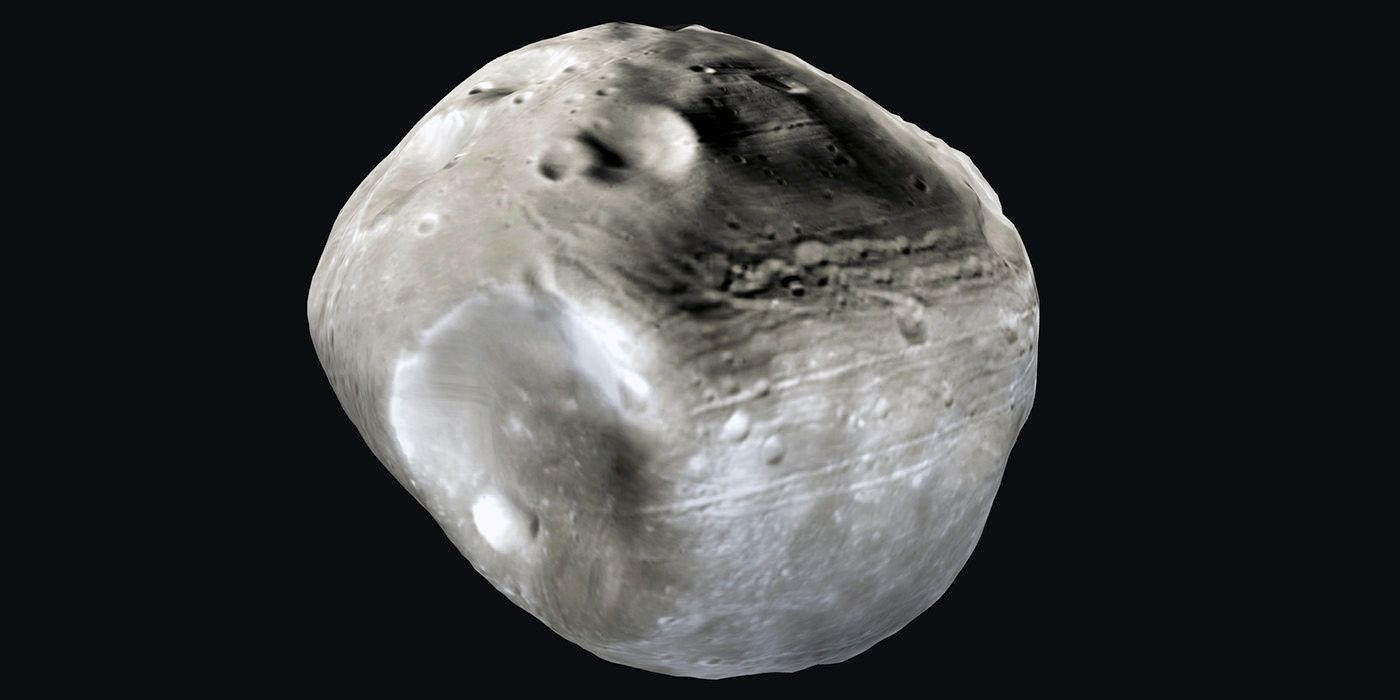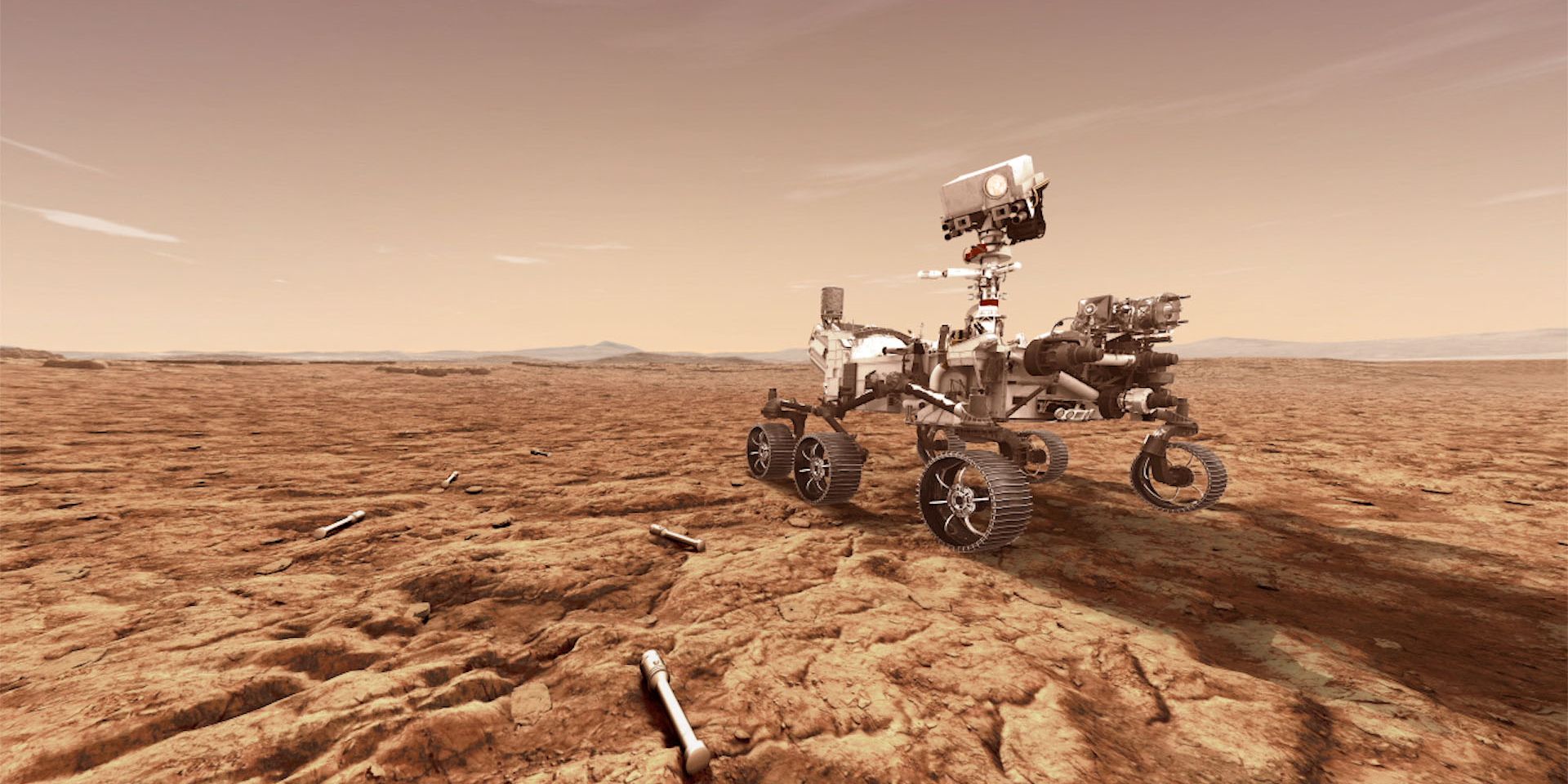The space race is back on. Russia, China, and the US are all firing for the Moon, Mars, and beyond, but there’s another player making serious progression: Japan. The Japan Aerospace Exploration Agency (JAXA) says that it is going to the moons of Mars to answer many questions, including how life took root in our solar system. JAXA has been operating since 2003 with some impressive missions under its belt. The space agency's rocket technology has steadily advanced and JAXA already has two incredible asteroid sampling missions under its belt, further cementing its place as a major player in the new space race.
Last year when Mars alignment was just right, three different probes launched off for the red planet, UAE’s Hope Mars Mission, China’s Tianwen-1 mission, and NASA’s Perseverance rover, which also included the now famous Ingenuity helicopter. While everyone seems to be obsessed with Mars, Japan separates itself from the pack and is taking a different approach, targeting the Martian moons.
Professor Elizabeth Tasker of the JAXA-led Martian Moon Exploration mission tells Screen Rant why the space agency is heading for Martian moons rather than the Red Planet itself. “Why is Japan going to the Martian moons and not to Mars, like everyone else?” “One of the big questions today is how rocky planets become habitable planets,” Professor Tasker said. “One possibility is that icy material near the giant planets (past Jupiter orbits) was scattered inwards towards the terrestrial planets, hit these young worlds as meteorites, and delivered both oceans and the first organic molecules. If Phobos and Deimos are captured asteroids, we will have evidence for this transfer of material between the outer and inner Solar system. The moon’s composition will provide clues as to where they formed, and what kind of material might have been delivered to the Earth and Mars when they were young planets."
Returning From Mars, What No One Has Ever Done
No one knows if the Martian moons are in fact captured asteroids. Some theories suggest they are the result of a giant impact on Mars, with material being blown out into space and eventually collecting into large bodies. Japan’s Mars moon mission will put to rest this mystery once and for all. “If the impact theory is correct, then the moons should consist of a mix of Mars-like material and that of the impactor. If they are captured (asteroids), their composition should be very different from Mars itself,” Tasker told Screen Rant. Professor Tasker said that the moons of Mars also contain secrets about the Red Planet’s history. Meteorite impacts have thrown material off its surface and reached its moons countless times over the course of its life. “Visiting Mars only allows a sample from one location at one time,” Professor Tasker explained. The samples of the Martian moons “will be from all over the planet and from a wide range of epochs,” Professor Tasker said, adding “including over the period where the planet may have been habitable”.
To date, nothing human-made has ever returned from Mars. Going to the moons of Mars is one thing, but coming back is a different thing altogether. Even NASA, with all its Mars exploration expertise, has yet to figure out how to bring back the Perseverance samples from Mars. Ayumu Tokaji, Associate Senior Engineer at Martian Moons Exploration MMX at JAXA, explains how Japan is planning to return from the moons of Mars. “For the return journey, the MMX spacecraft will use a chemical propulsion system that burns fuel and oxidizer to generate high thrust and will detach the (Exploration) module that contains the observation instruments and other equipment that have completed their roles. The MMX spacecraft will be lightened by the separation of its modules and is scheduled to return to Earth in 2029,” Mr. Tokaji told Screen Rant.
As the space race continues, Japan is positioned to make significant contributions to humanity’s exploration of the solar system. Taking original approaches and avoiding the same destinations and that others take has giving Japan a unique role. When asked if the country was on schedule, Mr. Tokaji responded “Yes. We plan to launch the Martian Moons Exploration in 2024 and return the sample to Earth in 2029." Now we just have to wait and see what JAXA can find.
Sources: JAXA MMX


